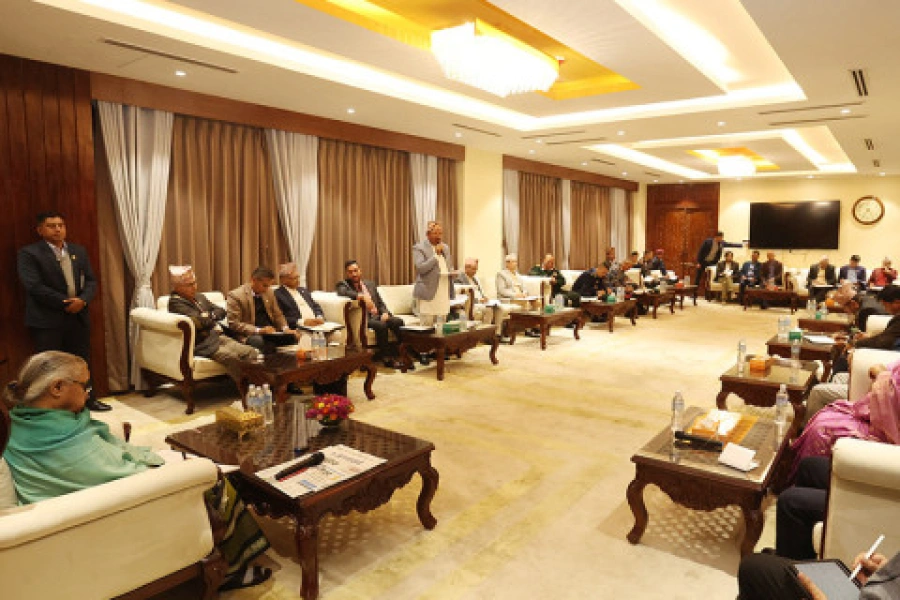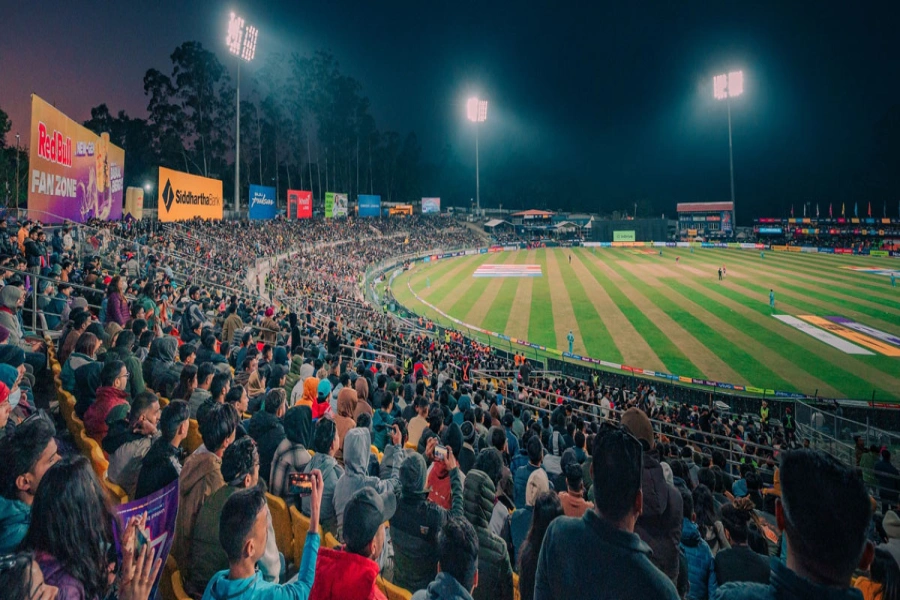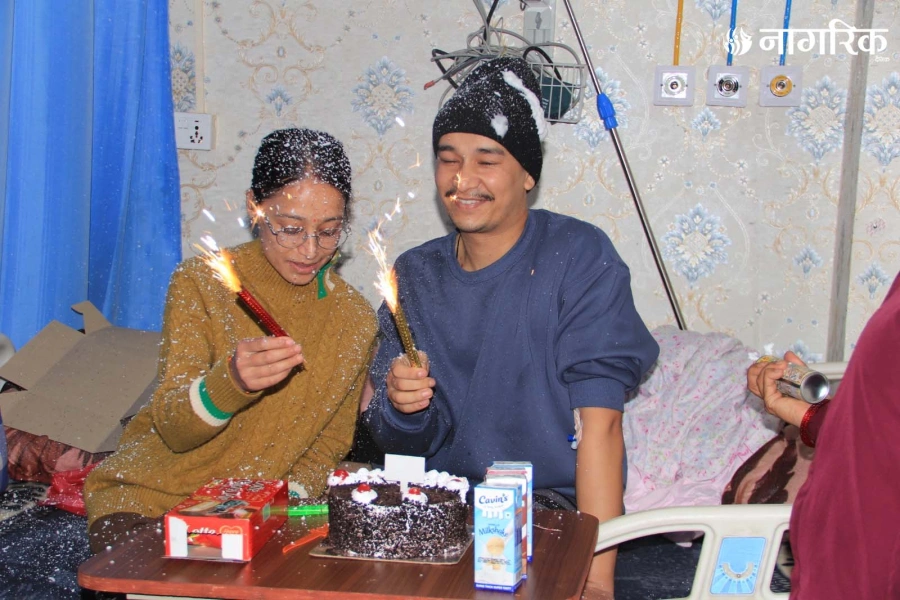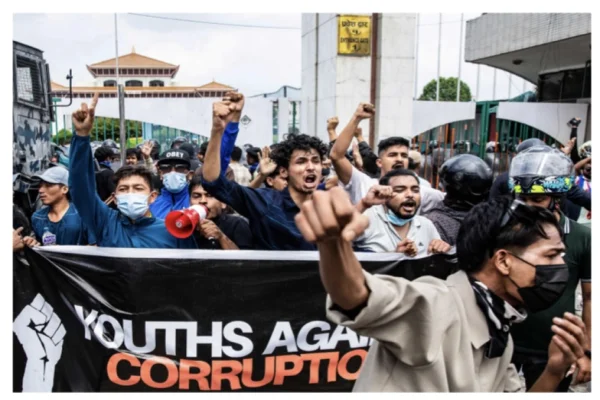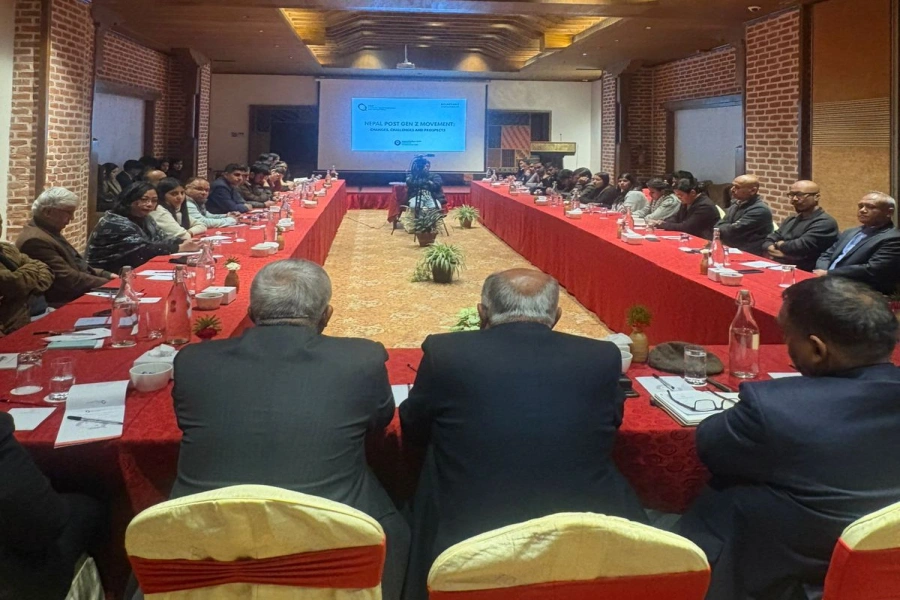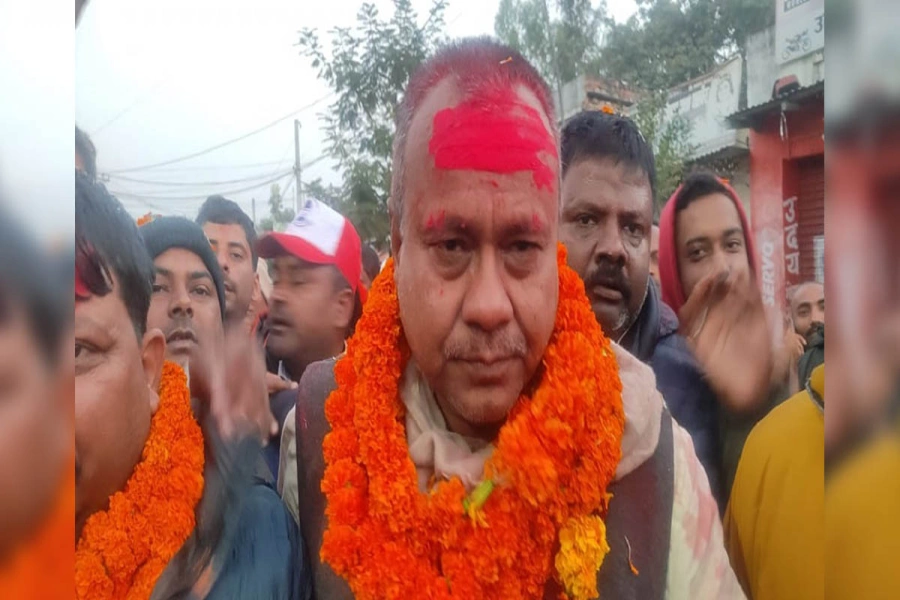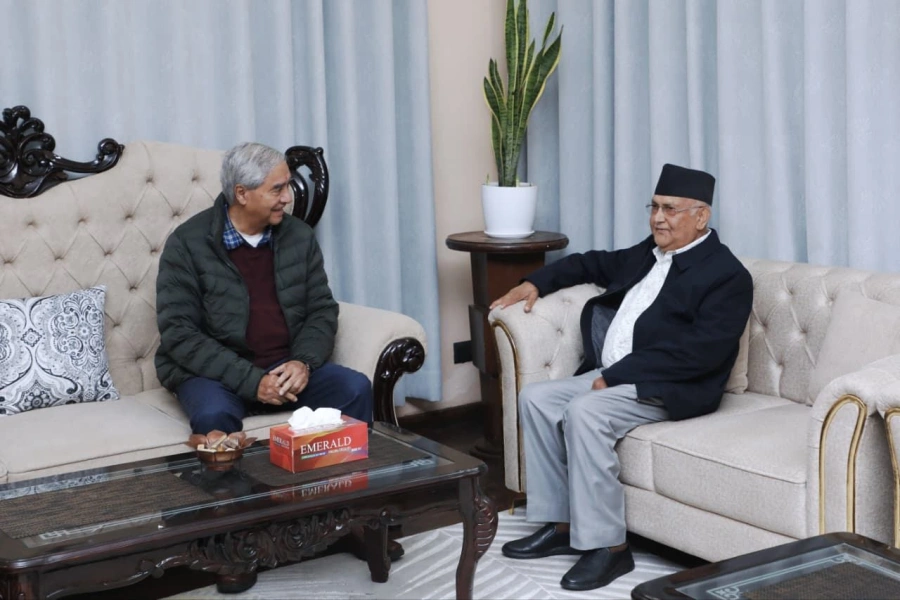POKHARA, Sept 8: Nepal’s tourism sector is facing a significant challenge as the peak tourist season approaches, with hotel bookings remaining alarmingly low. The season, which begins in mid-September and lasts until November, is considered the second most critical period for the tourism in the country. Traditionally, this is the time when foreign visitors flock to Nepal, drawn by the favorable weather conditions for trekking and mountain climbing. However, this year, tourism entrepreneurs are expressing concerns over delayed bookings, signaling a grim outlook for the upcoming months.
"Despite being the start of the main season, bookings are not picking up as they usually do," said a tourism entrepreneur. "This delay in reservations has dampened the mood of the business community." In Pokhara, a popular tourist hub, the sector has seen only a trickle of visitors, leaving hotel operators and travel agencies increasingly worried.
Bharat Raj Parajuli, a central member of the Hotel Association Nepal, echoed these sentiments, stating, “At this point, we should be witnessing a surge in bookings, but that is not happening. It’s been an unusually slow season." He further noted that the volume of bookings for this period is far below expectations. "Advance bookings used to reach 40 percent by September and over 60 percent by October and November. The overall occupancy during the peak season used to be around 90 percent, largely due to bookings from Free Individual Trekkers (FIT)," he explained. "But this year, bookings for October and November stand at just 25 percent."
Struggling to overcome pandemic and plane crash effects, Pokhar...

Parajuli also highlighted the struggles of small and medium-sized hotels, which have been hit even harder by the downturn. "We would have been optimistic if we were seeing bookings at around 60 percent, but that’s far from reality. Unless we see a sudden influx of domestic tourists, this season could be very difficult for the sector," he said, adding that the tourism industry is currently unable to cover its operational costs.
Several factors are contributing to this year's decline, Parajuli explained. "Tragic accidents, both in the air and on the roads, have shaken the confidence of international tourists. Nepal has received negative coverage abroad, with concerns over safety now dissuading potential visitors," he said. Recent air crashes and road accidents have led to a significant loss of life, further affecting the flow of tourists into the country. "These incidents have sent a negative message internationally about the safety of travel in Nepal," he added.
Another critical issue looming over the sector is the upcoming partial closure of Tribhuvan International Airport (TIA) during the tourist season. The airport will be shut down for 10 hours daily, from 10 PM to 8 AM, starting November 8, 2024, until March 31, 2025, for essential infrastructure upgrades. "This closure is already leading to cancellations from foreign guests," Parajuli warned. "The disruption in air travel is likely to significantly affect both domestic and international arrivals. We urgently need to reconsider the timing of these upgrades to avoid further damage to the tourism sector."
Som Thapa, former chairman of the Pokhara Tourism Council (PTC), expressed similar concerns, predicting that the closure of TIA and the rising cost of travel will deter visitors. "Air tickets have become more expensive due to the introduction of value-added tax (VAT) on airfares," he said. "Additionally, Nepal Airlines Corporation has not been able to operate flights to the key tourist markets, allowing other airlines to set prices to their advantage. As a result, Nepal has become an expensive destination, which has further discouraged arrival of tourists."
Thapa also pointed to ongoing global safety concerns surrounding Nepal’s air and road travel, which are exacerbating the situation. "In past years, we saw students from foreign universities coming to Nepal for study programs. This year, they are absent, and safety concerns are a big reason for that," he said. "Unless the international perception of Nepal improves, this season is unlikely to bring positive results."



